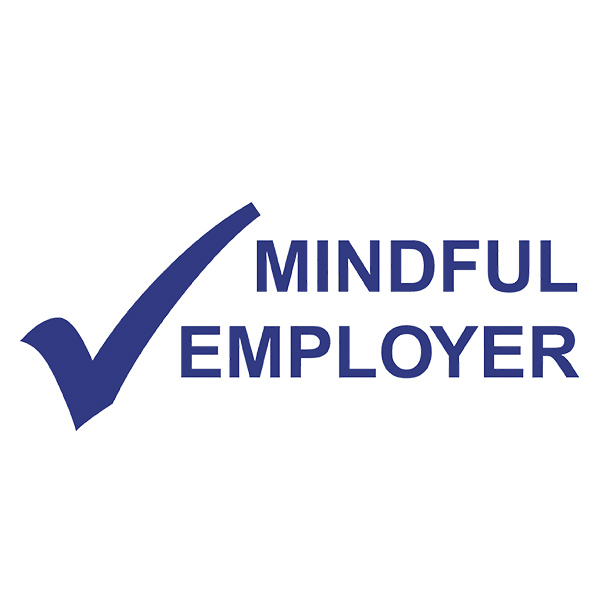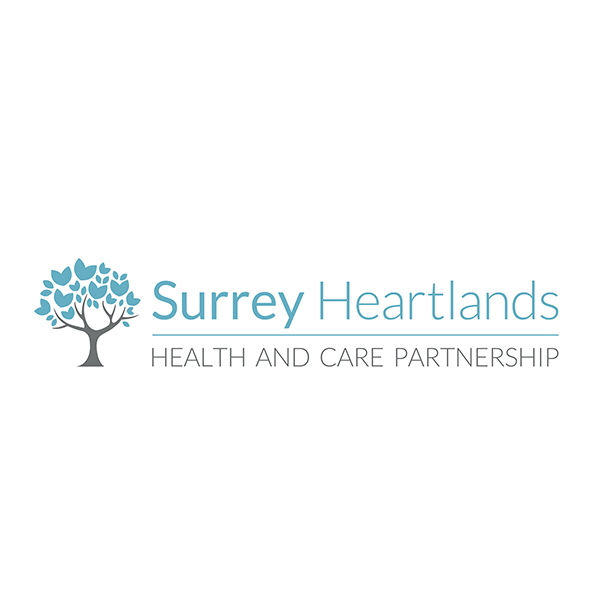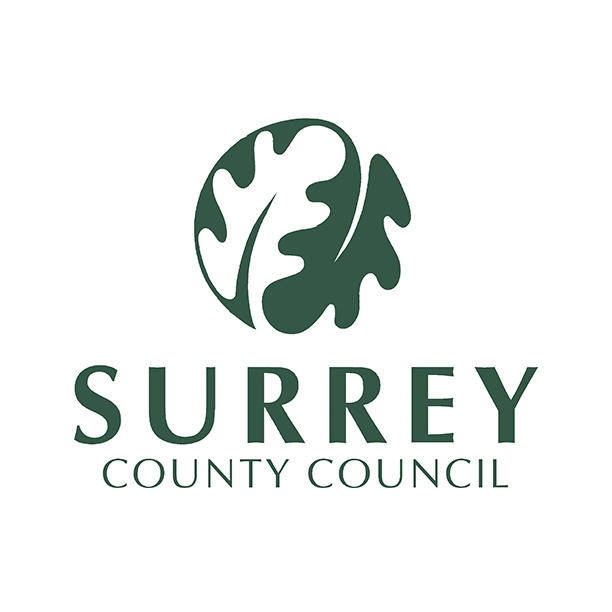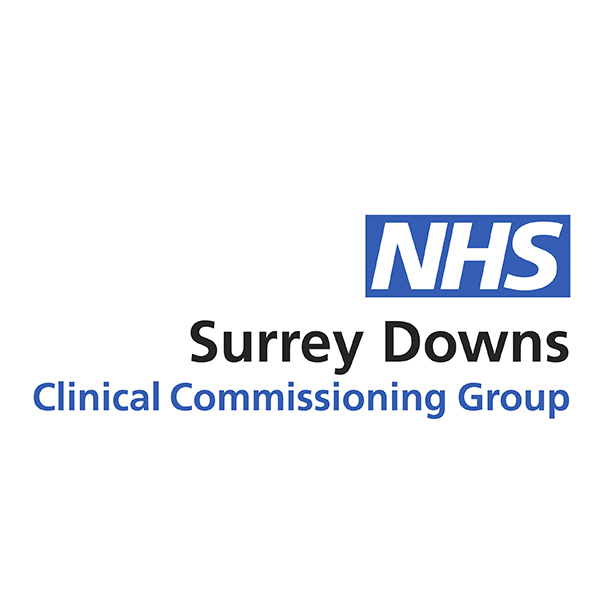-
Nine Things My Eating Disorder Taught Me
To mark Eating Disorder Awareness Week, one of our supporters opens up about her experience dealing with an eating disorder and shares the crucial life lessons she's learnt in this very honest and impactful blog.

-
“When I sat down to write this blog, my instinct was to give a whistle-stop tour of my life as someone with Atypical Anorexia. This tour might have included some additional stops at OCD Town (where everything is super controlled but terribly distressing) and Clinical Depression City (this would definitely be an underground station where the poor lighting tricks you into thinking you’ll never get out).
But I feel that, if I was to write my story in this form, it would need to have a beginning, a middle and an end (preferably a happy one), when I believe that recovery isn’t something that you complete. It’s something you may have to continue working on throughout your life. So, in this vein, where recovery is a constantly evolving process – one which can be amazing, terrifying, soul destroying and necessary – I thought I would write a blog about the 9 things that I have learned from my Eating Disorder. So, here goes!
1. Whichever form it shows itself, an Eating Disorder robs you of everything – sometimes your hair, sometimes your job or relationship, sometimes the vital muscles needed for your organs to continue working and, in a worryingly large number of cases, your life. The only thing that it teaches you is that anything worth holding on to is recovery.
2. Recovery takes an incredible amount of strength. Be kind to yourself and celebrate your achievements along the way. Maybe you managed to get out of bed today, maybe you had a cup of tea with a friend, maybe you reached your target weight despite wanting to scream at the scary numbers on the weighing scales. Don’t let the worry about relapse stop you from congratulating yourself for your achievements – they’re hard earned!
3. You don’t have to be hospitalised to have a serious eating disorder and you don’t need to be hospitalised to recover. I only got better after leaving an inpatient unit – I responded better to community treatments. Like all mental health disorders, it’s about finding out what works for you.
4. Reach out. If you are going to take the long and difficult (but ultimately, incredibly rewarding) road to recovery, you will need support.
To get support, you can call the Beat Adult helpline on 0808 801 0677 or, if you are under 18, you can call the Beat Youthline on 0808 801 0711. The Beat helplines are open 365 days a year from 12pm–8pm during the week, and 4pm–8pm on weekends and bank holidays. Beat is the UK’s eating disorders charity – their website has a lot of information and resources about eating disorder – it is well worth a visit. Or you can visit your GP who will signpost you to the best professional near you.
5. There is so much in the world for us to experience – things to see, people to meet, trees to hug (or whatever you’re into!). Like anxiety and depression, eating disorders are cruel companions which hold you back and try and keep you in their world, living by their rules. We need to start answering back!
6. Try and focus on what your body allows you to do, not what it looks like. This can be so hard in a society where an entire article can be published about a bit of cellulite. But we can change the conversation. We are so much more than the size of our waistline.
7. Think of another version of yourself where you didn’t have an eating disorder. Imagine what life would be like as this healthy, alternative version of you (this also works for conditions like OCD – imagine a version of yourself that didn’t have any rituals to perform or safety behaviours). Allow yourself to live as this version for at least a short time every day. You can build on this.
8. Surround yourself with people who encourage you towards recovery and support others with theirs. If you act as a champion for other people’s journeys, it can be easier to act as a champion for your own (as well as giving you the warm, fuzzy feeling they comes from helping other people).
9. Treat yourself with compassion. Some of the kindest people I’ve ever met have suffered from eating disorders. These complex illnesses are not linked to vanity and recent research suggests that eating disorders are not confined to a particular class, race, gender or sexual orientation. They can affect anyone and, although it can feel like there’s no light at the end of the tunnel when things are at their worst, there are brighter days ahead (trust me, I’ve seen them). Keep fighting and you will see them too 🌞”
Eating Disorders Awareness Week exists to raise awareness of and beat eating disorders. An estimated 1.25 million people in the UK are living with an eating disorder right now. Yet behind every one is a network of friends and family supporting them. This adds up to 5 million people struggling to cope with eating disorders. If you would like to show your support and get involved in the campaign, visit the Beat website.
Want to write a blog for us?
If you’d like to share your mental health journey with us via a blog, a video, a poem, a song – whatever form speaks to you most – please contact Connie, our Communications Lead, at connie@maryfrancestrust.org.uk. Please note we do not accept submissions from professional bloggers – our platform is reserved to our clients, volunteers, staff and supporters.
Share






